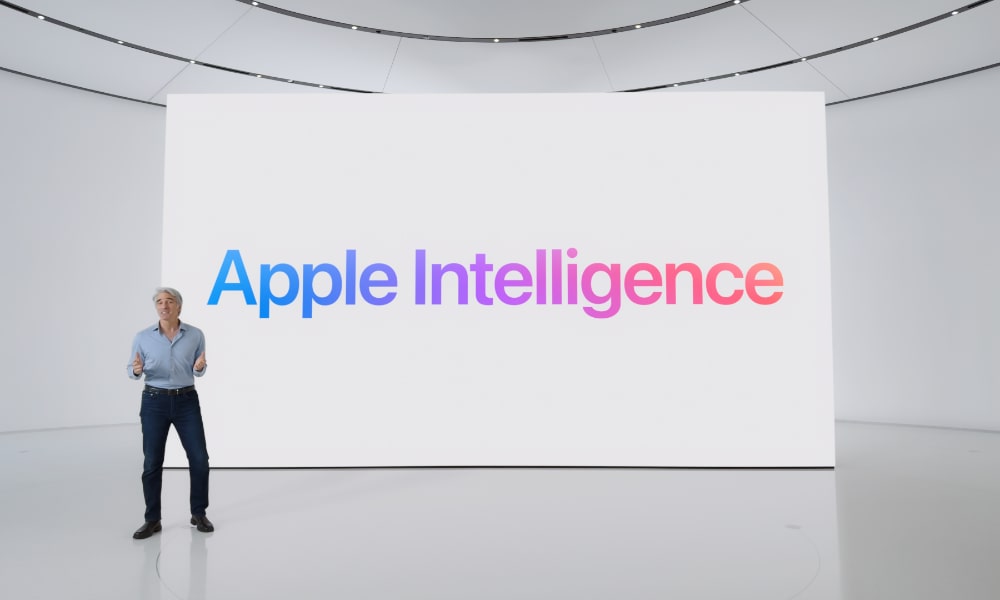Apple Joins Other Tech Firms in Following Biden Administration’s AI Safety Guidelines
 Getty Images / Unsplash+
Getty Images / Unsplash+
Toggle Dark Mode
Apple has joined other tech firms in agreeing to follow a set of voluntary Artificial Intelligence safeguards laid out by US President Joseph Biden’s administration, reports Bloomberg.
The administration announced Friday that the technology giant is joining the ranks of OpenAI Inc., Amazon.com Inc., Alphabet Inc., Meta Platforms Inc., Microsoft Corp. and others in committing to test their AI systems for any discriminatory tendencies, security flaws or national security risks.
The principles call for companies to transparently share the results of those tests with governments, civil society and academia — and to report any vulnerabilities.
The safeguards, included in an Executive Order announced by the White House last year, are intended to act as guidelines for the development of AI systems and ensure they are tested for discriminatory tendencies, security issues, and possible national security risks.
Apple commits to the AI safety guidelines as it is preparing to incorporate OpenAI’s chatbot application, ChatGPT, into its Siri virtual assistant on iPhones, iPads, and Macs as part of a new suite of Apple Intelligence features.
The administration’s guidelines call for companies to openly share the results of AI system tests with the government, society in general, and academia. This transparency is designed to create an environment of accountability and peer review, thereby fostering the development of safe and reliable AI technologies. Apple, OpenAI, and other technology firms have also committed to testing their AI systems for biases and security concerns.
While the administration’s guidelines are not legally binding, they do indicate that the tech industry is making an effort to self-regulate and reduce the potential risks of artificial intelligence technology.
The executive order, which President Biden signed in October of last year, also requires AI systems to undergo careful testing before they can become eligible for federal procurement.
Artificial intelligence has slowly become more mainstream in the last few years as users become familiar with the technology and discover uses for it in their daily lives. AI is being used in law enforcement, hiring, and housing. However, AI technology has garnered criticism due to allegations that the products lead to discrimination.

Apple is currently working on its own AI system, Apple Intelligence, which will integrate with OpenAI’s ChatGPT while still providing the user privacy features that Apple is known for. The new AI features will require an iPhone 15 Pro and iPhone 15 Pro Max, as well as this fall’s upcoming iPhone 16 models, or a Mac or iPad powered by an M-series Apple Silicon chip.
While Apple Intelligence is not yet available in the current beta releases of Apple’s iOS 18, iPadOS 18, and macOS Sequoia, some features are expected in future beta releases. Additional AI features won’t debut until early 2025, possibly in the form of an iOS 18.3 or 18.4 release.
The features expected to debut in 2025 include Personal Context, which allows Siri to dig deep into a user’s data, performed solely on-device, to discover relevant information for requests. App developers will also then be able to build Apple Intelligence into their apps. Plus, Apple’s on-screen awareness features will allow Siri to analyze what’s on a user’s screen using Apple Intelligence, allowing it to handle requests with less interaction.







